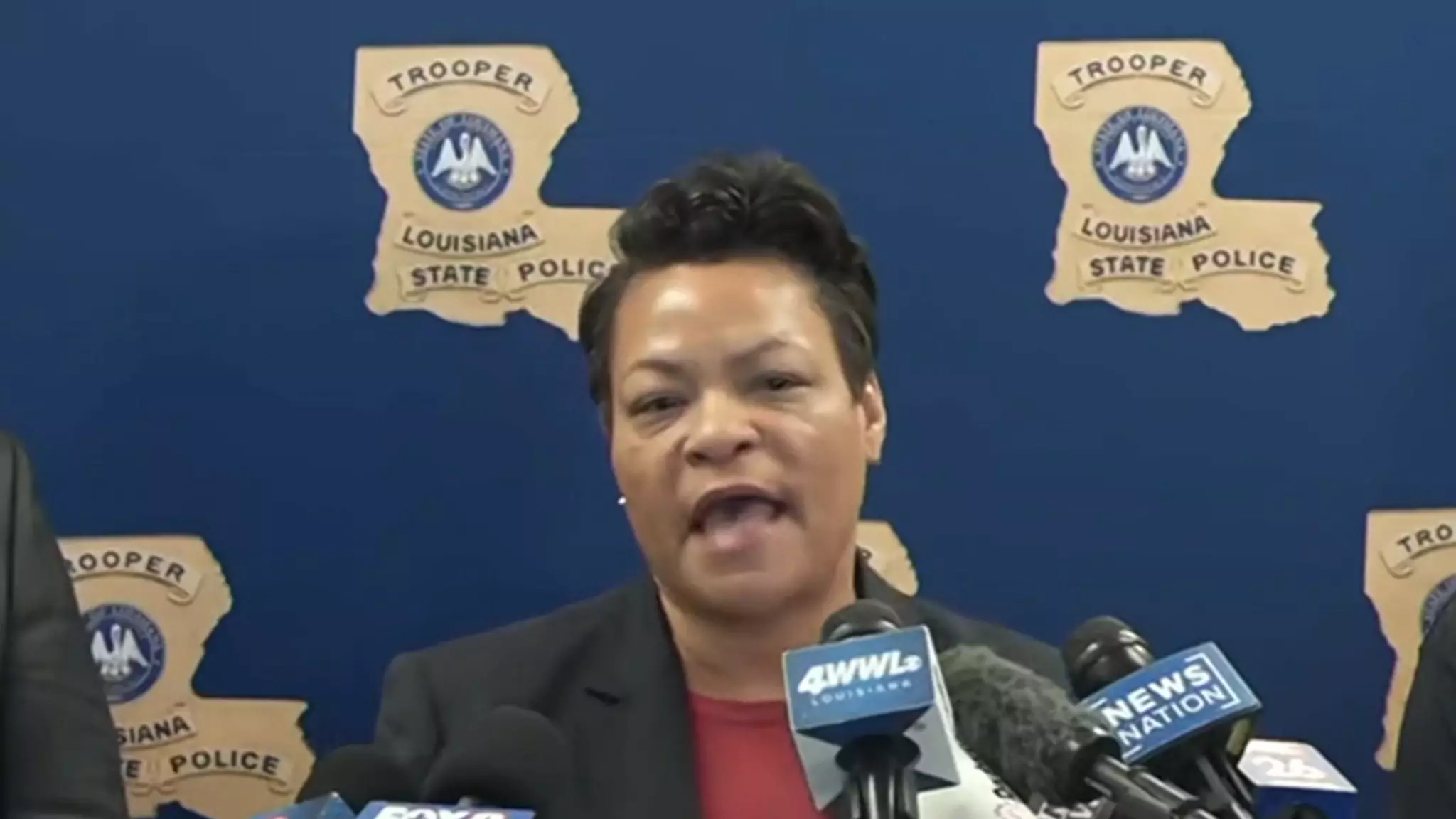The vibrant city of New Orleans is known for its rich history, unique culture, and lively celebrations. However, recent events have posed significant challenges to this resilient community. Following a tragic terrorist attack that claimed the lives of 14 individuals, the city is now preparing to host the Sugar Bowl, a major college football game. Mayor LaToya Cantrell has assured residents and visitors alike that Bourbon Street, a centerpiece of New Orleans’ nightlife, will bounce back just in time for the highly anticipated Georgia vs. Notre Dame matchup. This incident has not only cast a shadow over local festivities but has also sparked discussions about safety and community healing.
Amid the grief and shock brought on by this attack, city officials are emphasizing the importance of safety as thousands of fans invade the French Quarter for the upcoming game. In light of the recent violence, Cantrell stated that extensive clean-up efforts commenced early Thursday morning to ensure that Bourbon Street would be accessible for those eager to soak in the game-day atmosphere. The expectation to return to a semblance of normalcy underscores a collective determination within the city to rebuild and safeguard its cherished traditions.
Moreover, the local law enforcement agencies, led by NOPD Superintendent Anne Kirkpatrick, are taking comprehensive measures to fortify security. Treating this game with the gravity usually reserved for high-profile events like the Super Bowl, city officials are ramping up police presence and bolstering barricades to deter potential threats. Such steps highlight a proactive approach in guaranteeing safety for both locals and tourists in the wake of a devastating incident.
While the impending Sugar Bowl may serve as a distraction from recent events, it also symbolizes the spirit of New Orleans—resilient and unyielding. Public sentiment, however, suggests a pressing need for communal healing, prompting mixed feelings about moving forward so quickly. Some residents, while excited about the return of football festivities, have voiced concerns about the emotional toll the attack has taken on the community.
The juxtaposition of joyous celebrations against a backdrop of tragedy poses a delicate challenge for the city. Many believe that, while it is essential to honor the memory of the victims, it is equally crucial not to let fear dictate the future. Sporting events often serve as communal experiences that bring people together, and the Sugar Bowl promises to be an opportunity for unity among fans, further amplifying New Orleans’ indomitable spirit.
As New Orleans gears up for the Sugar Bowl on Thursday, the focus remains on balancing safety, healing, and celebration. With preparations in full swing, the community stands at a crossroads. The outcome of this event could pave the way for future festivals and sports events, shaping how both locals and visitors experience the city bearing the brunt of recent sorrow. Despite the lingering sense of uncertainty, New Orleans’ commitment to resilience will be on full display as it reclaims its vibrant identity, reminding us all of the power of community in the face of adversity.

